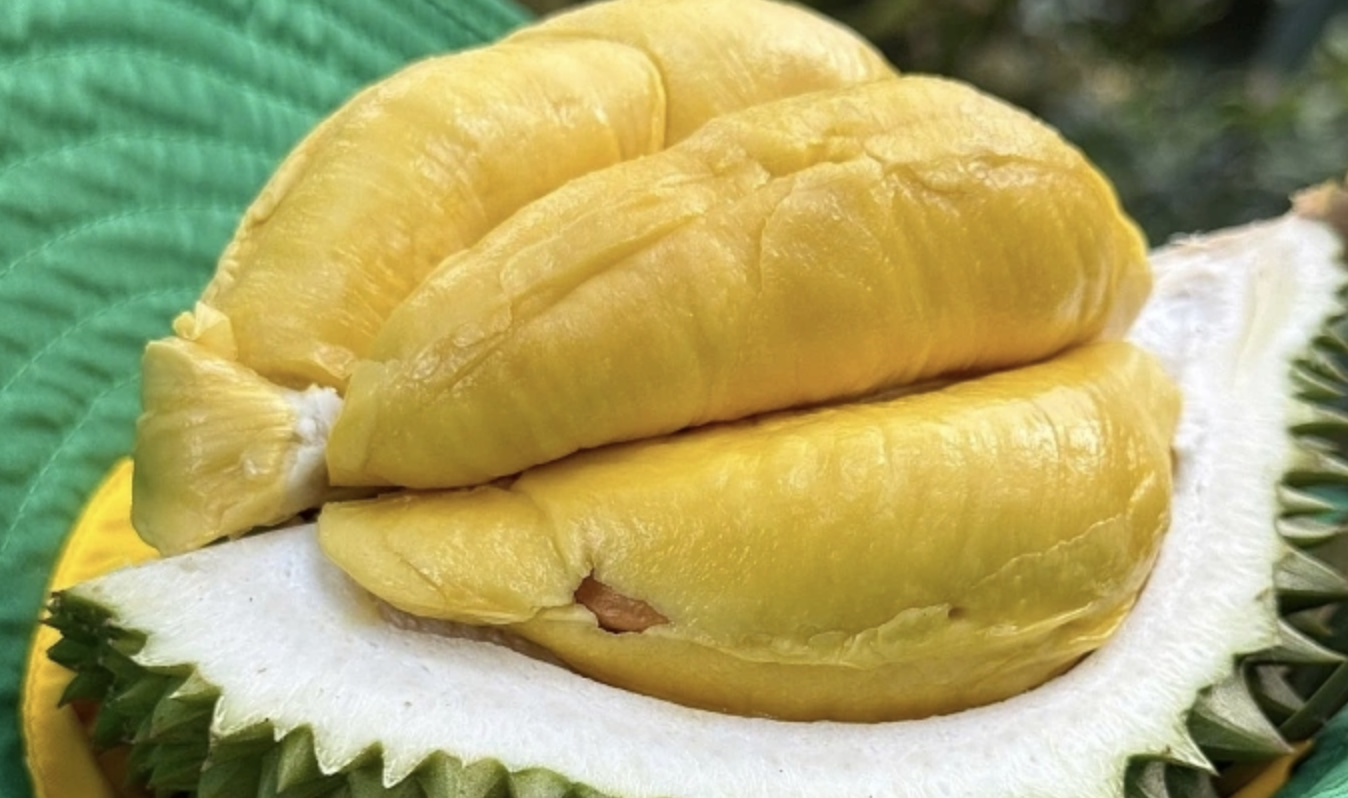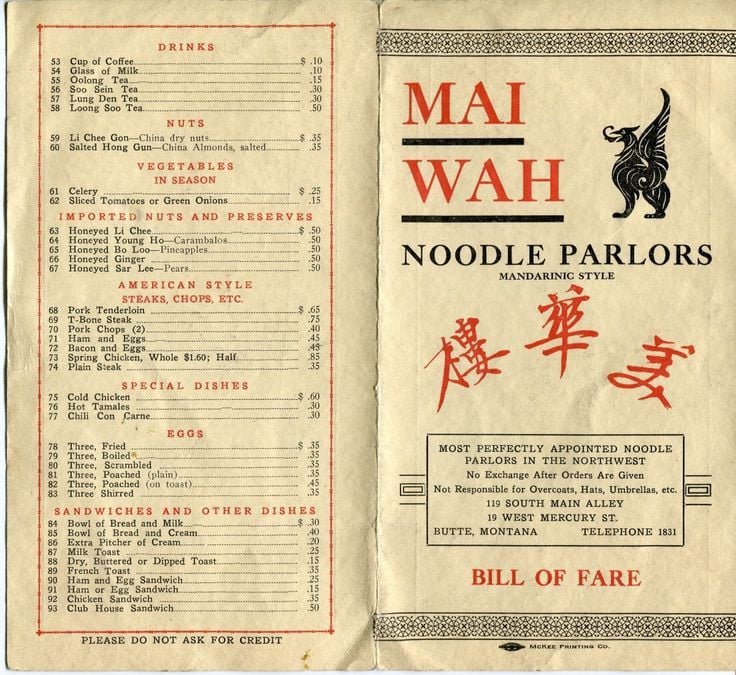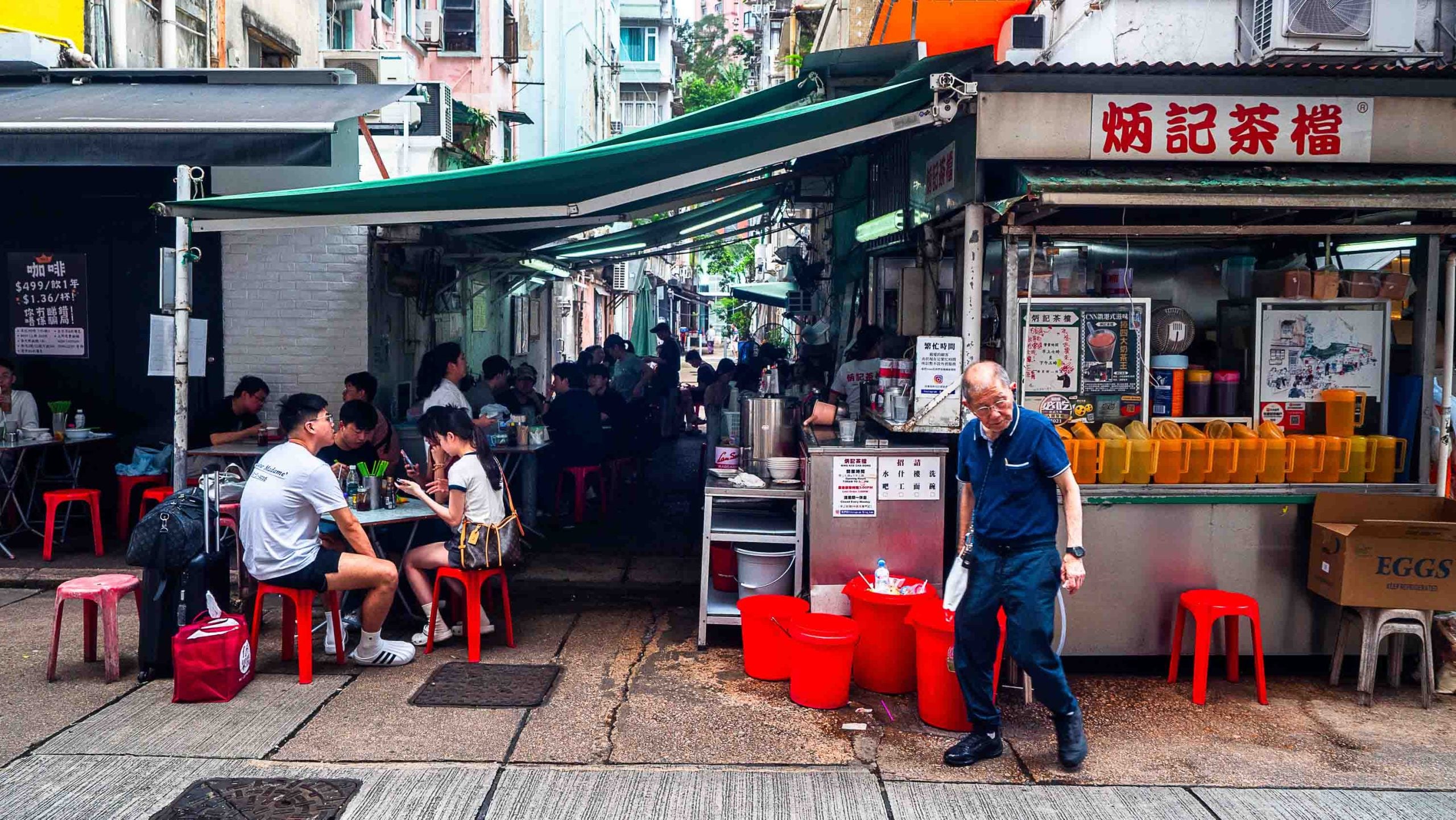Right now, there is little more quintessentially “China” than a crossover product — and in 2019, this trend showed no signs of slowing or stopping.
By “crossover product,” we of course mean the result of two companies from wildly different industries — hot sauce and high fashion, for example — collaborating on a co-branded product. From hot to head scratching to downright unholy, we round up some of the highlights in this year’s Chinese product crossovers.
White Rabbit Everything
Cashing in on the nostalgia around their signature milk candies — and attempting to curb unauthorized knock-offs — Shanghai brand White Rabbit got into the branded product game big time this year.
This meant everything from White Rabbit-flavored perfume and body lotion, to tote bags — and in a handful of pop-ups, milk tea and ice cream.
Related:
 Watch: We Tried Queuing for Hours for Limited Edition White Rabbit Milk TeaThe iconic Chinese candy is now a massively popular milk tea, but is it worth the wait?Article Jun 25, 2019
Watch: We Tried Queuing for Hours for Limited Edition White Rabbit Milk TeaThe iconic Chinese candy is now a massively popular milk tea, but is it worth the wait?Article Jun 25, 2019
Originated in Shanghai, White Rabbit candy dates back to the 1940s and has been churning out co-branded products since they launched a lip balm with cosmetic company Maxam last year.
Regardless of how much you do or don’t buy into beauty, the milk candy occupies such a special place in our hearts (and tastes so good) to warrant buying at least one or two of the scented lotions, perfumes, balms, bags, and whatever branded goods the candy tycoons choose to churn out next.
Shut up and take our money, White Rabbit!
Tang Dynasty-Flavored Oreos
Beijing’s Palace Museum (also known as the Forbidden City) is no stranger to getting its name on things, practically kicking off this trend with a range of palatial lipstick, blush and other cosmetics.
Earlier this year, they released six limited-edition flavors of Oreo based on Tang Dynasty snacks. Like Oreo’s other China-exclusive flavors — chicken wing and wasabi, to name two — these cookies ranged from sweet to savory, including Chaoshan-style barbecued pork, spicy pepper pastry, and lychee and rose cake.
Related:
 Oreo Launches Forbidden City Flavors, White Rabbit Does PerfumeEat like an emperor, smell like milk candyArticle May 24, 2019
Oreo Launches Forbidden City Flavors, White Rabbit Does PerfumeEat like an emperor, smell like milk candyArticle May 24, 2019
In China, the Tang Dynasty is considered one of the peak periods of Chinese civilization, and we can see why — some of these flavors look especially dank, regardless of whether or not you’re into barbecued pork in your Oreos.
Beer Takes to the Catwalk
Whether it’s for reasons of nationalism, nostalgia, or something else, “made in China” is becoming a label leaned into with pride. Alongside a wave of rising fashion talents, Chinese beer brands Tsingtao — one of the world’s most consumed beers — and Harbin took to the catwalk at New York Fashion Week’s China Day in February.
 Chinese Beer Goes Big at New York Fashion Week, After Lao Gan Ma and Li-NingHot on the heels of Chinese chili sauce Laoganma, Chinese mega-beer brands Harbin and Tsingtao crop up on the catwalk during NYFW 2019Article Feb 15, 2019
Chinese Beer Goes Big at New York Fashion Week, After Lao Gan Ma and Li-NingHot on the heels of Chinese chili sauce Laoganma, Chinese mega-beer brands Harbin and Tsingtao crop up on the catwalk during NYFW 2019Article Feb 15, 2019
This isn’t the first time Chinese brands have caused buzz at New York Fashion Week, however. Last season, Chinese fashion brands enjoyed not one, but two dedicated showcases, while in 2018, sportswear brand Li-Ning — perceived as “knock-off Nike” until now — made a much-talked-about pivot into the high fashion world, and beloved hot sauce Laoganma cropped up at a pop-up shop that garnered bemused praise from Chinese netizens.
Gamer Girl Makeup
Earlier this year, MAC targeted China’s anime-comic-gaming (ACG) crowd and released a limited-edition line of cosmetics decorated with five female characters from the video game Glory of Kings (王者荣耀).

Image: MAC Cosmetics
Esports is an industry that is gaining mainstream recognition in China, and the cosmetics company made a clear play towards its large female fan base. But wooing women with a lipstick line may risk painting over a bigger issue of gender disparity in the gaming industry.
Women that decide to go pro still face discrimination within the esports community, and can only make 10% of what their male peers make. It’s gotten so bad that some all-female esports teams have taken cues from K-pop and cosplay, and rebranded themselves as “girl idol groups” in order to survive in an otherwise cutthroat industry.
Related:
 Female Esports Clubs in China: MOBA Meets K-Pop Meets Cosplay as Players Battle for ParityFacing gender discrimination, female esports professionals turn to other forms of e-celebrity to boost their career prospectsArticle Sep 02, 2019
Female Esports Clubs in China: MOBA Meets K-Pop Meets Cosplay as Players Battle for ParityFacing gender discrimination, female esports professionals turn to other forms of e-celebrity to boost their career prospectsArticle Sep 02, 2019
Booze that Tastes Like Insect Repellant
When this honestly weird collab crossed our desk, we knew we had to include it. It paired Chinese alcopop brand Rio with Liushen (六神花露水), a popular herbal eau de toilette influenced by traditional Chinese medicine (TCM).

We know from years of slathering this stuff on our bodies that it does have an appealing, albeit very strong, herbal scent. But would this actually taste good as a drink?
And seeing the product’s most popular use is as insect repellant, we’re not sure what the side effects of drinking this concoction are supposed to be. Repelling… everyone?
Hotpot-Flavored Toothpaste
As if brushing our teeth daily wasn’t difficult enough — a Chengdu hotpot brand released a limited-edition set of spicy, hotpot-flavored toothpaste, complete with three tiers of spice. (Sichuan province, where Chengdu is located, is famous worldwide for its spicy, mouth-numbing cuisine.)
Related:
 Hotpot Flavored Toothpaste is Selling Out in ChinaBecause brushing your teeth with regular toothpaste wasn’t painful enoughArticle May 17, 2019
Hotpot Flavored Toothpaste is Selling Out in ChinaBecause brushing your teeth with regular toothpaste wasn’t painful enoughArticle May 17, 2019
Turns out, people really did want to feel the burn when they brush, as the toothpaste flew off shelves almost as soon as it was launched. (Curious how badly? We tried it so you don’t have to.)
Crayfish Lip Gloss (and Face Masks)
We naively hoped that this trend had hit an apex with the hotpot toothpaste. We were wrong.
Someone went and released a line of crayfish lip gloss, because nothing says “soft,” “sexy” or “kissable” like a spicy, dead crustacean. (There were also crayfish and dumpling face masks if gloss wasn’t customers’ cup of tea.)
Related:
 Behold, the Unholy Crayfish Lip GlossAlso dumpling face masks. No, seriouslyArticle Jul 24, 2019
Behold, the Unholy Crayfish Lip GlossAlso dumpling face masks. No, seriouslyArticle Jul 24, 2019
Granted, the lip gloss cross-over only meant to replicate the red-orange color — not the flavor — of this seasonal seafood, typically devoured during the summer months in China. These products were partially the brainchild of Yang’s Dumplings (小杨生煎), a Shanghai chain famous for its shengjianbao, a fried variety of baozi dumplings.
Honorable Mention: Cold-Medicine Chic
Riddled with puns, double entendres and Easter eggs for fashion aficionados and nostalgic ’90s kids alike, this limited-edition line of long underwear by a beloved Chinese cold medicine brand should have been a clear winner for brand crossover of the year.
Related:
 Pharma-Chic: Cold Medicine 999 Goes Viral with “Fashion” CampaignCold medicine company rolls out kitschy, meme-tastic “fashion line” that resonates with ’90s kidsArticle Feb 26, 2019
Pharma-Chic: Cold Medicine 999 Goes Viral with “Fashion” CampaignCold medicine company rolls out kitschy, meme-tastic “fashion line” that resonates with ’90s kidsArticle Feb 26, 2019
Sadly we can only give this clothing line an honorable mention because (spoiler alert) it wasn’t actually real. The viral campaign was actually the winner out of 3,800 entries of an open-call design competition by the cold medicine company.
Given how positively the Chinese internet responded to it, however, we’re keeping our fingers crossed that 999 might get wise and release the real thing in 2020.


















